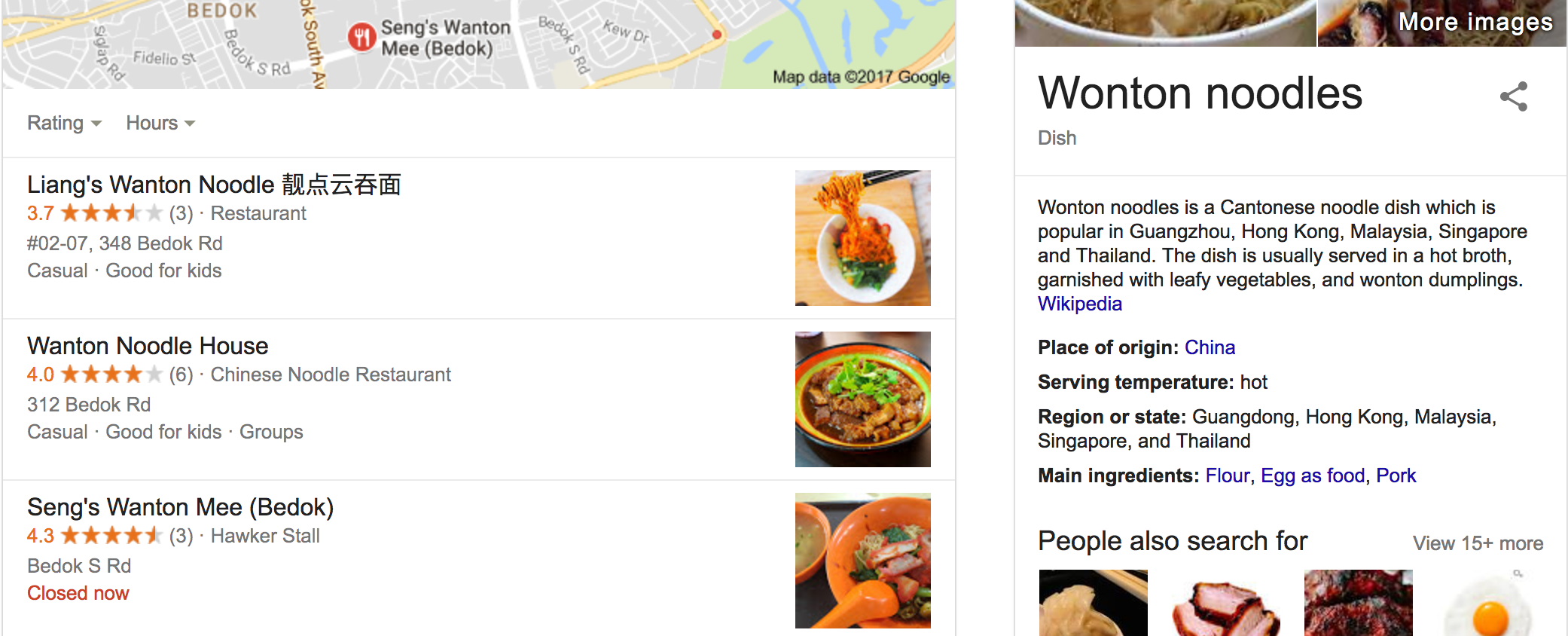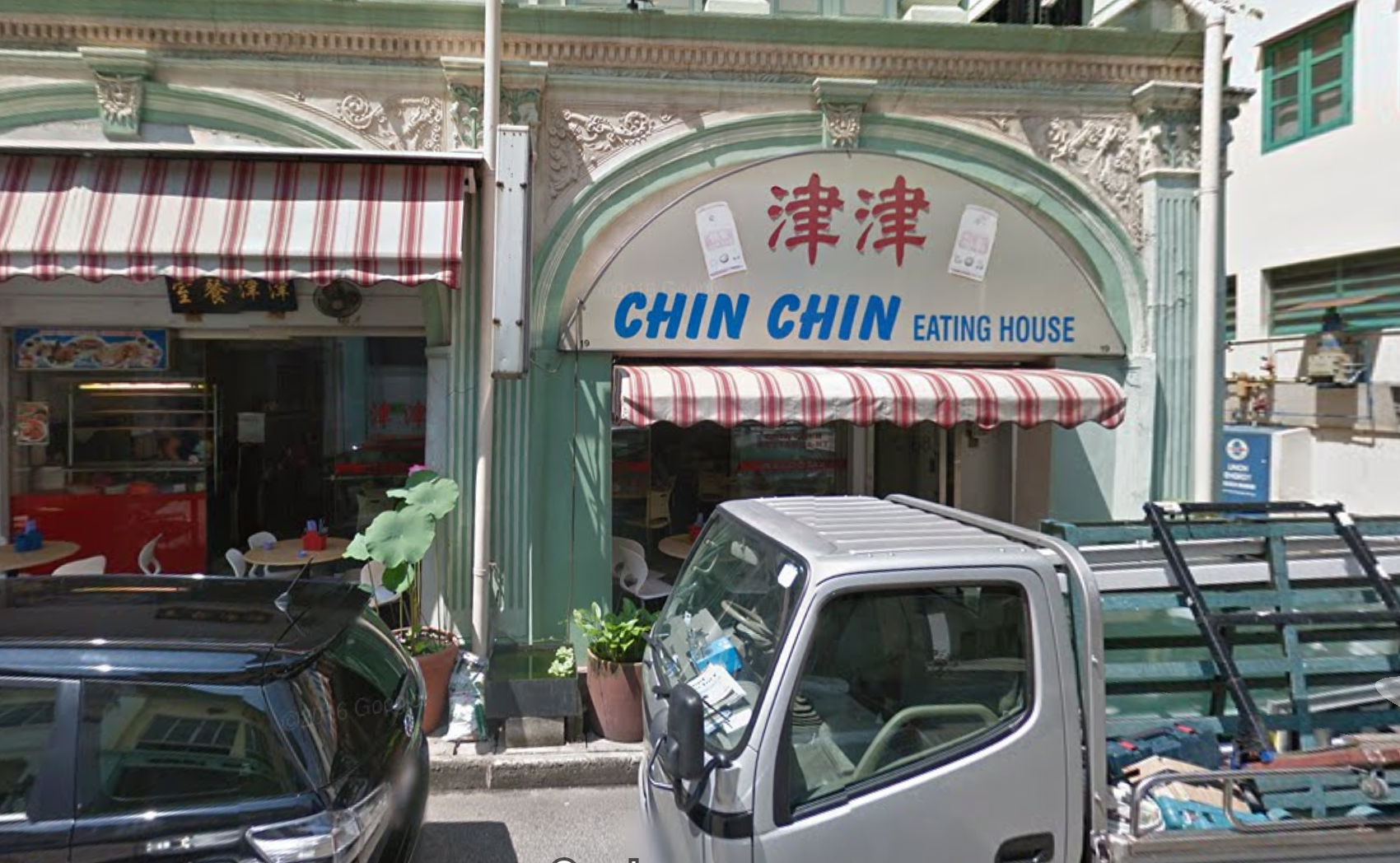If you love chicken rice, you probably heard of Chin Chin Chicken Rice, which serves chicken rice and tze char.
They attract a good number of tourists who flock to the shop as part of their guided tours.
However, tourists from Japan can feel awkward whenever they head to Chin Chin, mostly due to a linguistic quirk that makes things lost in translation.
Chin Chin means "penis"
Kradness, a 23-year-old Japanese DJ and singer, came to Singapore recently for the Singapore Toys, Games and Comics Convention.
On Sept. 10, after having dinner, he tweeted the following:
今日晩ご飯食べたとこのお店の名前😂😂😂 pic.twitter.com/S65leud0Z4
— Kradness(クラッドネス) (@kradness55) September 9, 2017
Translated from Japanese:
This is the name of the shop we ate at tonight ???
The photo highlighted the words "Chin Chin Eating House" -- but what's wrong with it?
Well, in Japanese slang, "Chin Chin" means "penis".
So to them, it would sound like they are partaking food at "Penis Eating House."
[related_story]
Not one-sided
You might have heard of the long-running joke that kani (crab) and nabe (cooking pot), are actually both legit words in Japanese vocabulary, despite being Singaporeans' favourite vulgar insults.
Furthermore, it's not the first time things got awkward and steamy for our food.
Many stalls continue to use the romanised English spelling of wanton, when the dumplings should be spelled as wonton.
Well, "wanton" actually means to be immodest or promiscuous.

But hey, Chin Chin could be a chicken rice stall by any other name, but the food will still taste as good.
Eat already, steam ah.
Top image adapted via Google Maps.
If you like what you read, follow us on Facebook, Instagram, Twitter and Telegram to get the latest updates.


